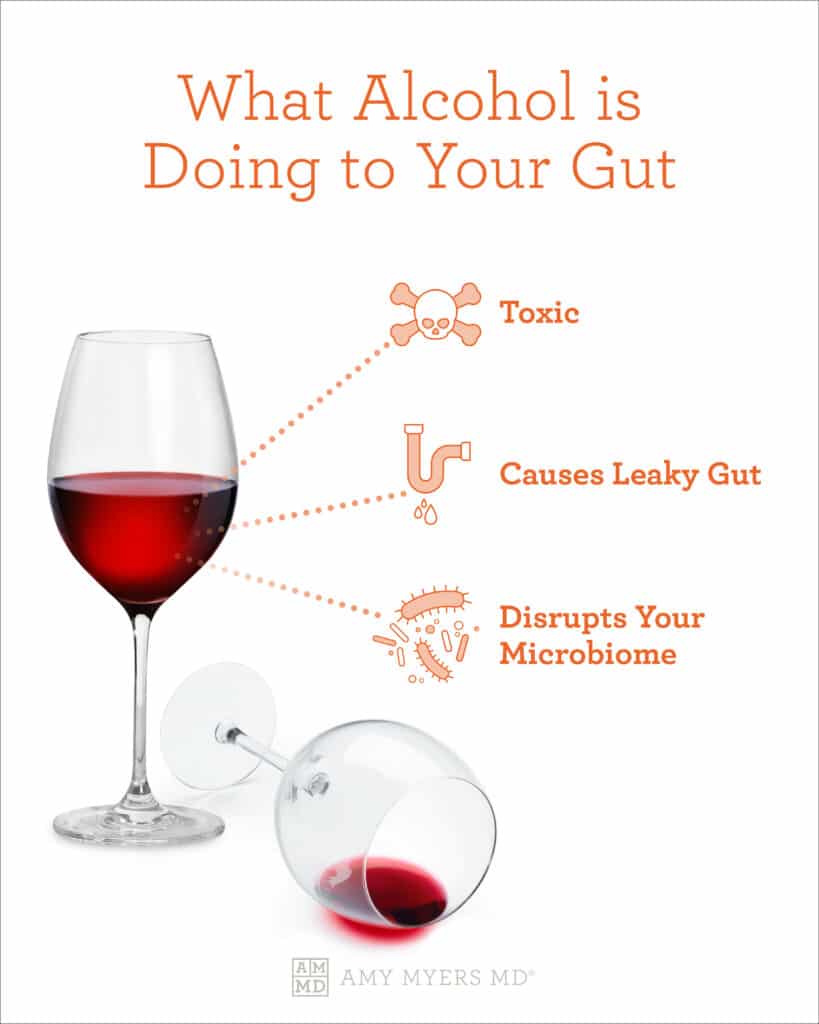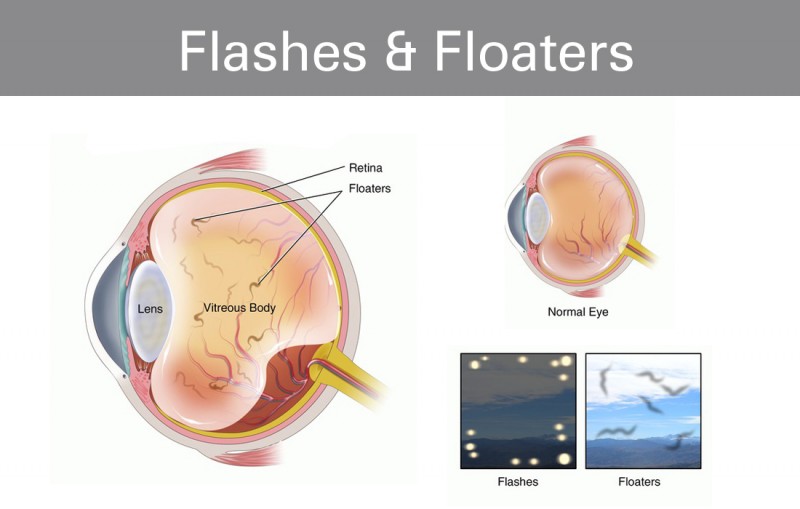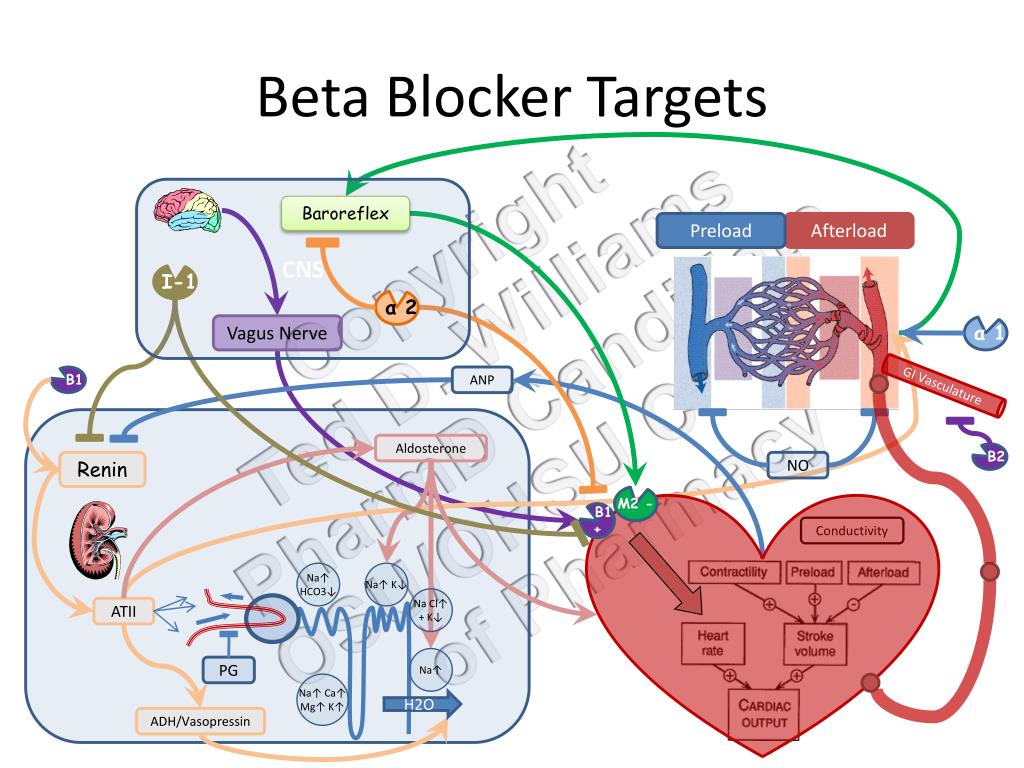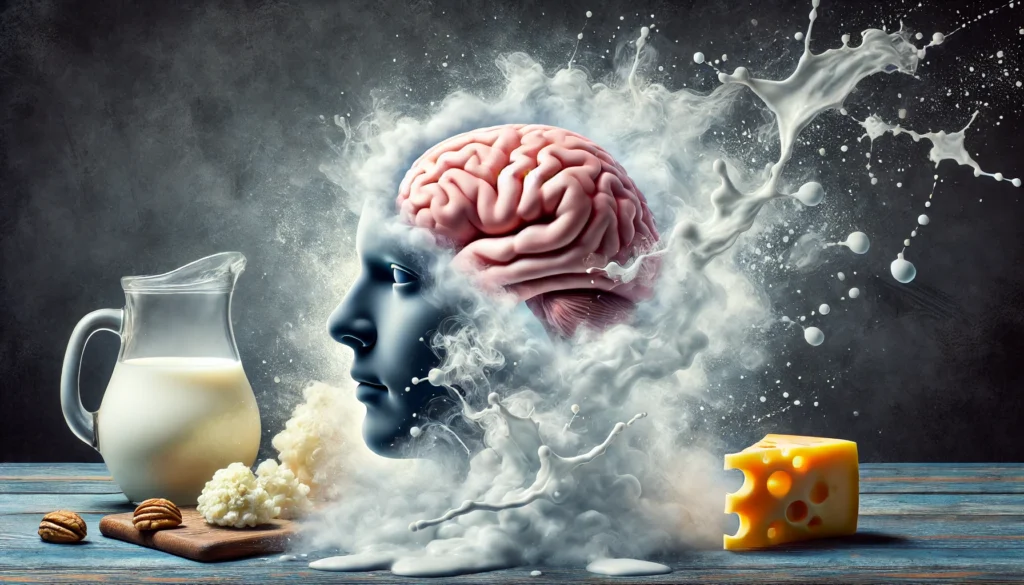Alcohol's Impact on Germs and Gut Health - Separating Fact from Fiction

Alcohol has been widely used as a disinfectant and antimicrobial agent, but its effectiveness in killing germs within the body is a topic of debate. While alcohol can kill certain types of bacteria and viruses, its impact on the body's microbiome and overall health is more complex.
Alcohol's Antimicrobial Properties
Alcohol has been shown to be effective against a range of microorganisms, including:
- Viruses: Alcohol can kill viruses like influenza, coronaviruses, and HIV.
- Bacteria: Alcohol can kill common bacteria like Salmonella, E. coli, and Staphylococcus aureus.
Concentration and Exposure
However, the concentration and exposure time of alcohol are crucial factors in its antimicrobial effectiveness. Solutions with more than 60% alcohol can be effective against viruses when applied to hands or surfaces, but drinking high percentages of alcohol can lead to fatal alcohol poisoning.
Impact on Gut Health
Drinking alcohol can have a negative impact on gut health, leading to:
- Decreased beneficial bacteria: Alcohol consumption is associated with decreased amounts of nine key beneficial bacteria.
- Increased pathogenic bacteria: Alcohol appears to increase pathogenic bacteria, leading to an imbalance in the gut microbiome.
- Gut lining damage: High concentrations of alcohol can damage the gut lining, potentially causing "leaky gut" and other digestive issues.
Conclusion
In conclusion, while alcohol has antimicrobial properties, its impact on the body's microbiome and overall health is more complex. Drinking alcohol should not be relied upon as a means of killing germs, and its consumption should be done in moderation, if at all.















Comments ()